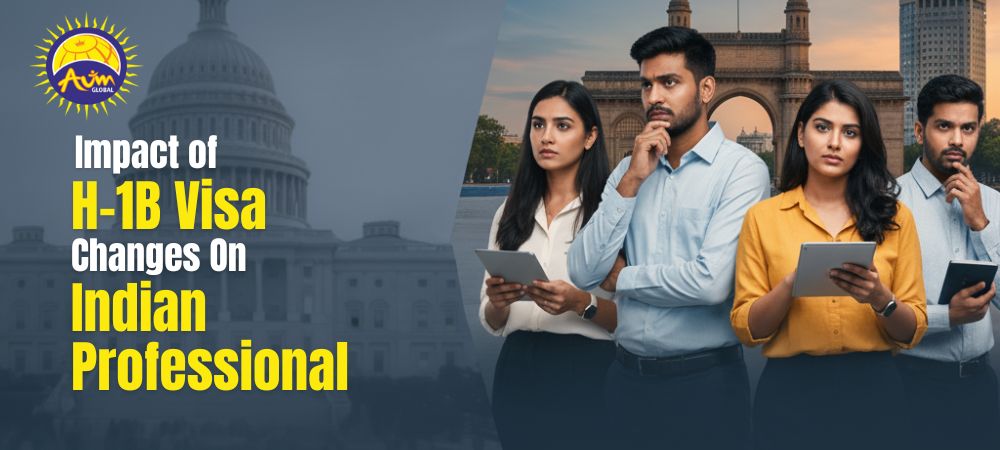
The U.S. government’s decision to impose a $100,000 fee on new H-1B visa applications has triggered sharp reactions in India, where professionals form the largest group of visa holders. Industry experts warn the change could disrupt the operations of Indian IT companies, reduce opportunities for skilled workers, and strain economic ties between the two countries.
The United States government’s decision to impose a $100,000 application fee on new H-1B visas has sparked widespread concern in India, home to the largest share of visa beneficiaries. The policy, announced earlier this month, is expected to hit Indian technology professionals and IT companies the hardest.
Indian IT companies — which depend heavily on sending employees to U.S. client sites — are among the most affected. According to industry body NASSCOM, the sudden fee hike could “disrupt operations” and force firms to rethink their business models.
Some of the steps companies are already considering include:
Absorbing costs for high-priority employees.
Increasing offshore work from India instead of sending staff abroad.
Hiring more local talent in the U.S. to avoid visa expenses.
Expanding Global Capability Centers (GCCs) in India so that work for U.S. clients is handled from Indian offices.
Several Indian IT majors are reviewing their workforce plans. Companies are considering absorbing the cost for key employees, expanding offshore operations from India, and hiring more local staff in the U.S. instead of sending workers on visas. Global Capability Centers (GCCs) in India are also expected to grow as firms look to shift more work back home.
The announcement triggered a sell-off in Indian technology stocks. The Nifty IT index fell nearly 3%, with companies like LTIMindtree, Mphasis, and Coforge recording steep losses. Economists warned that the policy could affect remittances and reduce India’s IT export revenues, while also adding pressure on the rupee.
The change has created uncertainty for thousands of Indian professionals. Many students who had planned to apply for H-1B visas after graduation are reconsidering their options. Career advisers say more candidates are exploring alternatives in Canada, the U.K., and Australia, where immigration policies remain friendlier to skilled workers.
Existing visa holders are not affected, but families fear future restrictions. Immigration lawyers in the U.S. reported a spike in queries from anxious workers unsure about their long-term plans.
The Indian government has strongly opposed the move, calling it unfair to skilled professionals who have long contributed to the U.S. economy. Officials warned that such abrupt changes could damage bilateral relations and limit opportunities for collaboration in technology and innovation.
Legal experts in the U.S. have also questioned the validity of the fee, noting that immigration-related costs of this scale typically require congressional approval. Several groups are preparing legal challenges that could delay or block implementation.
If the new fee remains, Indian companies are expected to expand offshore delivery models and hire more locally in the U.S. Industry watchers also predict a redirection of global talent flows, with skilled workers choosing countries that offer smoother visa pathways.
For many Indian professionals, the policy marks a turning point. The H-1B visa, once seen as the most reliable route to a U.S. career, may now become one of the most difficult paths to pursue.
